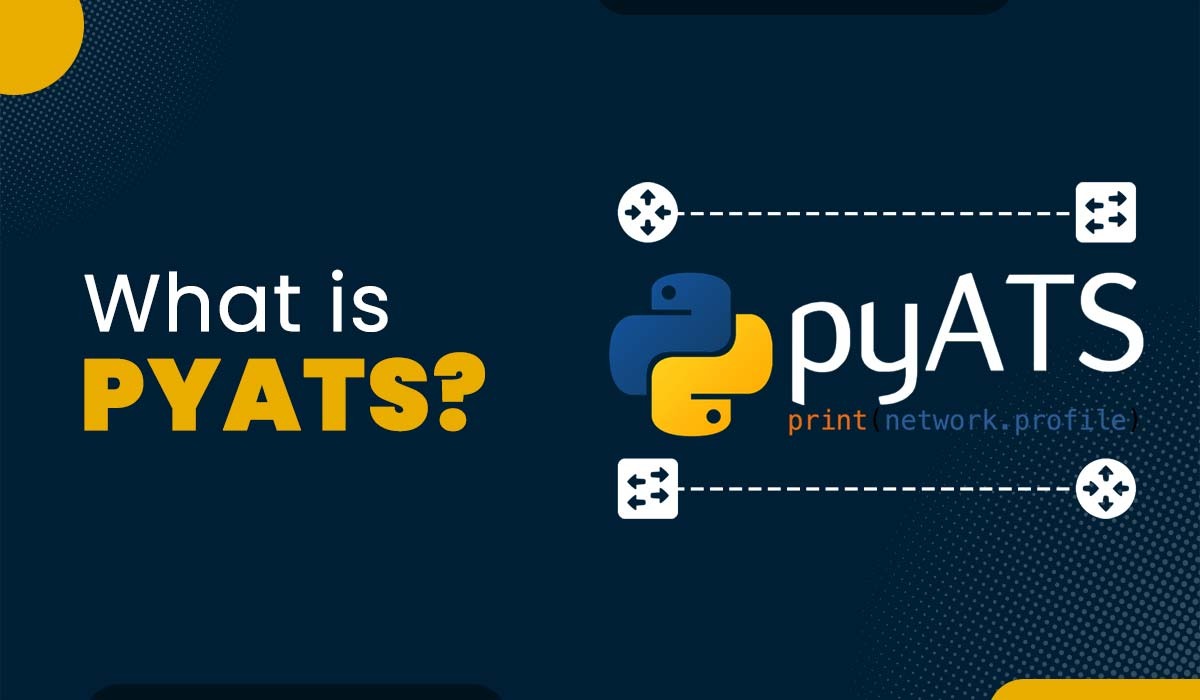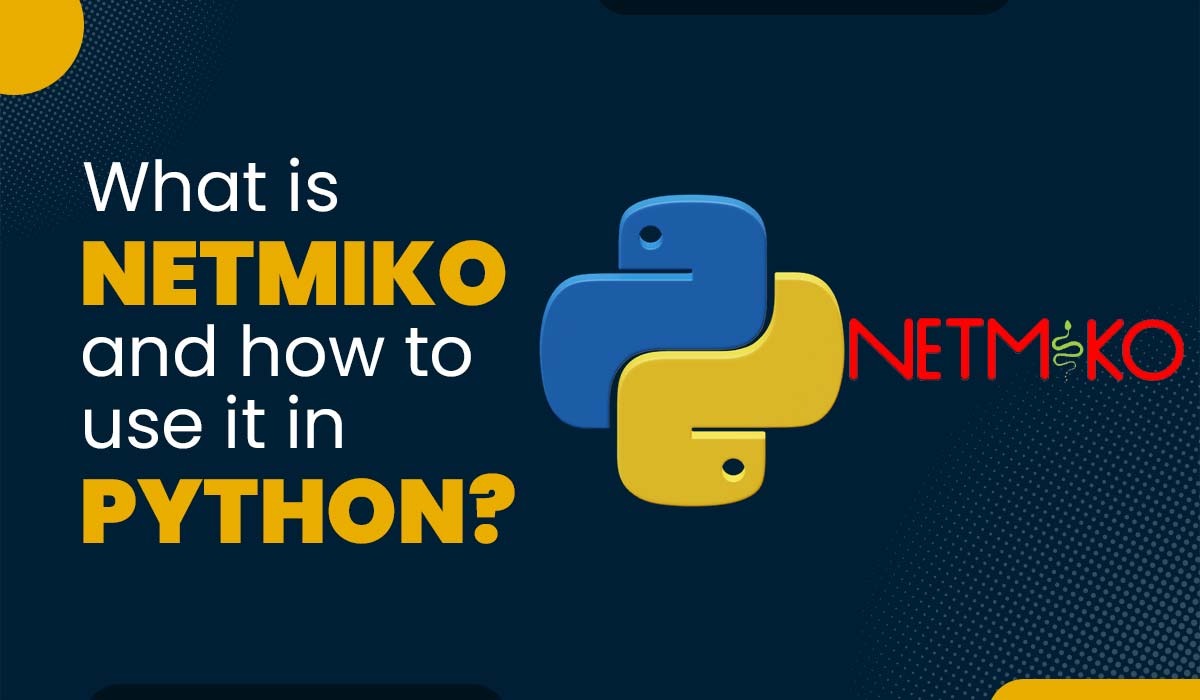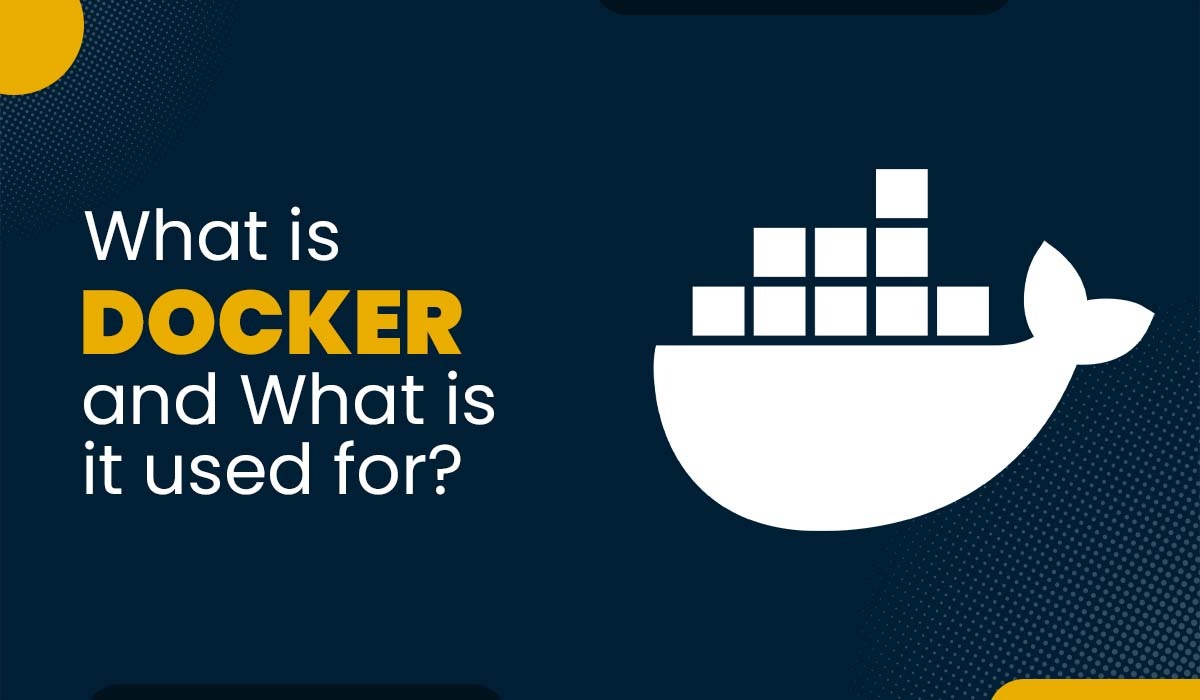What is CCNA?
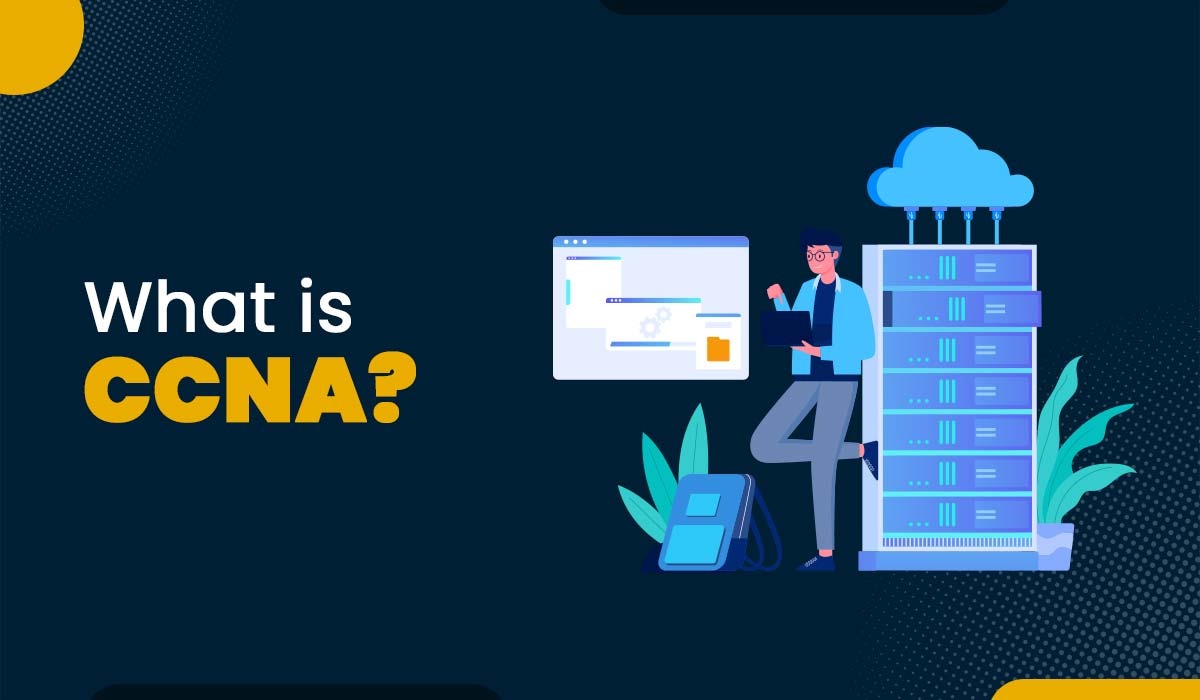
As we all know, the networking industry is developing rapidly, and all companies are becoming increasingly dependent on networking technology. The demand for network engineers is also increasing; hence, people are focusing on this field due to the enormous demand. If you are also interested in making a career in it, you must know about CCNA because it is the first step towards your goal in the networking journey. Now you’re wondering what exactly CCNA is and what makes it such a valuable certification? So, let’s dive deeper into the blog and understand it in detail. CCNA stands for Cisco Certified Network Associate, a globally recognized certification provided by Cisco Systems. It is an introductory level for both professionals and freshers who want to enter the IT or networking field and want a career in this field. It is offered to validate your skills and knowledge about the fundamentals of networking as it covers basic routing and switching, security, and wireless networking knowledge. It helps you learn about networking technologies like IP addresses, subnets, and routing protocols. The Cisco Certified Network Associate serves as a foundational certification for individuals interested in pursuing a career in networking, as it demonstrates your dedication to professional development. With a CCNA certificate, you have the knowledge and skills to solve challenges in network-related tasks, which is why employers value certified network engineers. It opens the door to achieving advanced Cisco certifications and offers diverse career opportunities in network administration, engineering, and security. There are no strict requirements for the CCNA as it is offered as an entry-level certification, but you should have a basic understanding of networking concepts such as: Cisco has designed the certification topics to provide the knowledge and skills needed to operate, maintain, and troubleshoot any network-related issue. The Cisco Certified Network Associate exam covers the following topics – Roles and functions of network components; Network Topology Architecture; physical interface; Types of cabling; Interface and cable problems; IPv4 addressing and subnetting; IPv6, IP parameters; Fundamentals of Virtualization; Switching concepts Configuring and verifying WLAN and interswitching connectivity; Layer 2 Discovery Protocol and EtherChannel configuration and verification; Rapid PVST+Spanning Tree Protocol operations; Cisco Wireless Architecture and AP Modes; WLAN components; AP and WLC management access connections; Wireless LAN Access Configuration Routing Table Component; Default forwarding decision by the router; configuring and verifying IPv4 and IPv6 static routing and single area OSPFv2; First Hop Redundancy Protocol Configuration and verification of internal source NAT, NTP, and DHCP clients; Role of DNS and DHCP; SMTP in network operations; Syslog Features; per-hop forwarding behavior; configuring network devices with SSH; Function of TFTP/FTP Fundamental Security Concepts; security programs; configuring device control, WLAN, and Layer 2 security features; security password; Remote access and site-to-site VPN; configuring and verifying access control lists; Wireless Security Protocols; Authentication, Authorization, and Accounting Differences Automation and Network Management; controller-based and software-defined architectures; REST-based APIs; Traditional and controller-based networks; Interpret JSON encoded data. This is the CCNA Syllabus. The CCNA (Cisco Certified Network Associate) exam is a comprehensive exam that tests candidates’ basic knowledge and skills in several networking areas. Exam details: CCNA-trained candidates have a variety of job roles, such as: These are some of the most common networking jobs one can get after CCNA. The average salary of CCNA-trained professionals ranges between 2.5 to 5 LPA, depending on their skills and experience. Yes, Cisco Certified Network Associate is worth it as there is a massive demand for networking experts in the market, and companies hire certified candidates for entry-level positions. CCNA Knowledge is also required for understanding and learning advanced Cisco certification and career development. It is suitable for candidates interested in networking as it is at a basic level and provides fundamental networking knowledge. Since Cisco plays a significant role in the networking sector and has global recognition, it is essential for those working and planning to work with Cisco technologies. CCNA (Cisco Certified Network Associate) is used to certify your basic knowledge of networking concepts required in networking roles. Yes, CCNA is in high demand in 2024 and will remain in demand in the future. After completing CCNA, you can go for advanced certification like Cisco Certified Network Professional (CCNP) and then Cisco Certified Internetwork Expert (CCIE) certification. CCNA certification fee in 2024 is USD 300 + applicable taxes, i.e., USD 354 or INR 29,000, including taxes. Ultimately, CCNA certification is a golden ticket for those wanting to enter the networking field or start a career journey in IT. Since it requires strong fundamental networking knowledge, it opens the door to obtaining advanced Cisco certifications. Most companies hire candidates with the skills to solve network-related tasks, even if they have acquired them from training institutes. I hope the information in this blog will help you in your career journey.Introduction
What is CCNA?
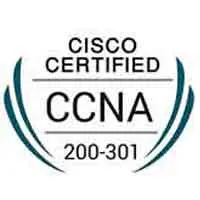
Prerequisites for CCNA
CCNA Syllabus
Network Fundamentals – 20%
Network Access – 20%
IP Connectivity – 25%
IP Services – 10%
Security Fundamentals – 15%
Automation and Programmability – 10%
Cisco Certified Network Associate Exam
CCNA Job Roles
CCNA Salary
Is CCNA worth it?
Frequently Asked Questions
Q1 – What is CCNA used for?
Q2 – Is CCNA in demand?
Q3 – What is the next certification after CCNA?
Q4 – What is the cost of the CCNA exam?
Conclusion

